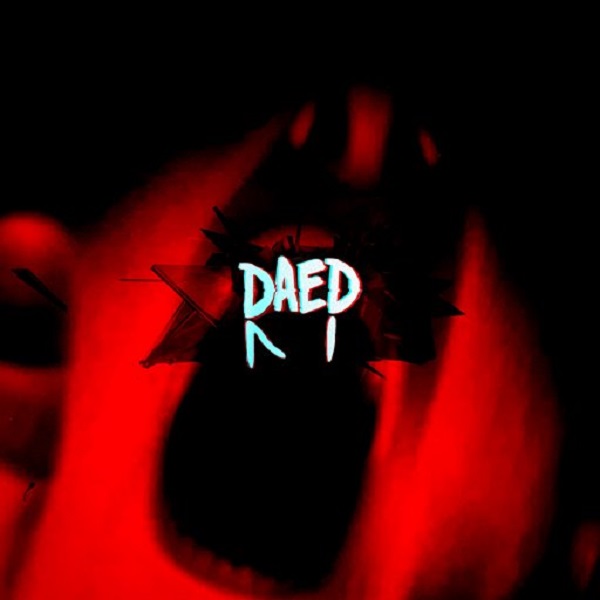In metal, the “-core” suffix tends to mean a derivation from the endless stream of hardcore-infused and relative similar styles of music. But in electronic music, “-core” implies something different entirely, and in glitchcore band Daed this term takes on its original meaning as music that adopts the strictest standards for its own integrity and rejects the touchy-feely impositions of what the audience thinks it wants. Would you believe an audience survey? Neither do glitchcore artists.
Like metal, this genre — which sounds roughly like someone tuning an analog radio, switching between stations rapidly — takes an idiosyncratic look at life through music that aims to unsettle, provoke and disturb. Deriving its roots from the rapid pace of drum ‘n bass with the hip-hop penchant for sampling widely and forging it into song, glitchcore makes a collage of existing genres and thrusts them through a filter of someone holding down the fast-forward button. Daed takes on this genre by giving it a unique structuralist mindset where the samples and glitchy patterns seem to represent a voice bleeding through a cognitive barrier and manifesting in different forms, rather than many different voices only incidentally in tune. Sampling wildly from chiptunes, classic techno, hip-hop, found sounds and many electronically mangled raw sonic forms, Daed creates the equivalent of walking through a busy cosmopolitan city and seeing all of the different options and chaotic divergences, but through the same eyes.
What makes RaEP interesting is its tendency to pick up all these bits of scattered music and reinvent them, weaving skeins of other influences through the bunch. The Autechre-inspired tendency to find a place of peace after the chaos through which beauty flows, itself derived from one of the seven ritual stages of a techno set, manifests itself in many of these tracks. Some would compare this to Squarepusher without the reliance on fingers to keep up with the urgent percussion, allowing faster motion and more dramatic tempo changes. No vocals mar this style except those which are sampled, processed, re-sampled and distorted again. Like a high speed inner dialogue, this music deconstructs its world and itself to find commonality between these many bits and its own unique, personality-rich perspective.
- Daed – RaEP (free download)
Tags: daed, glitchcore



“Daed creates the equivalent of walking through a busy cosmopolitan city and seeing all of the different options and chaotic divergences”
Isn`t that what most post-70s electronic music tries to do? Where electronic music is in essence pro-urbanist, metal and punk to some extent are anti-urbanist.
“seven ritual stages of a techno set”? Tell us more.
I recommend anyone looking for electronic music to listen to GGFH. (on the name: “Global Genocide Forget Heaven is a name I came up with. It means us, “the human race” fucking up this whole planet which used to be heaven before we stood uprite and started destroying everything we touch. If we don’t do something it’s going to be genocide for us all.”). A lot of the samples they use are from daytime talk-shows and documentaries rather than horror movies like most of these kind of groups use, which I find pretty interesting. Their first album “Eclipse” is one of my all-time favourites. Very sick, depraved stuff. The full album isn’t on Youtube, but here’s one track: https://www.youtube.com/watch?v=nzpbRvDuKMk
Also, a quote from Nidhogg in the recent interview he did on this site: “G.G.F.H. is one of my all time favourites.”